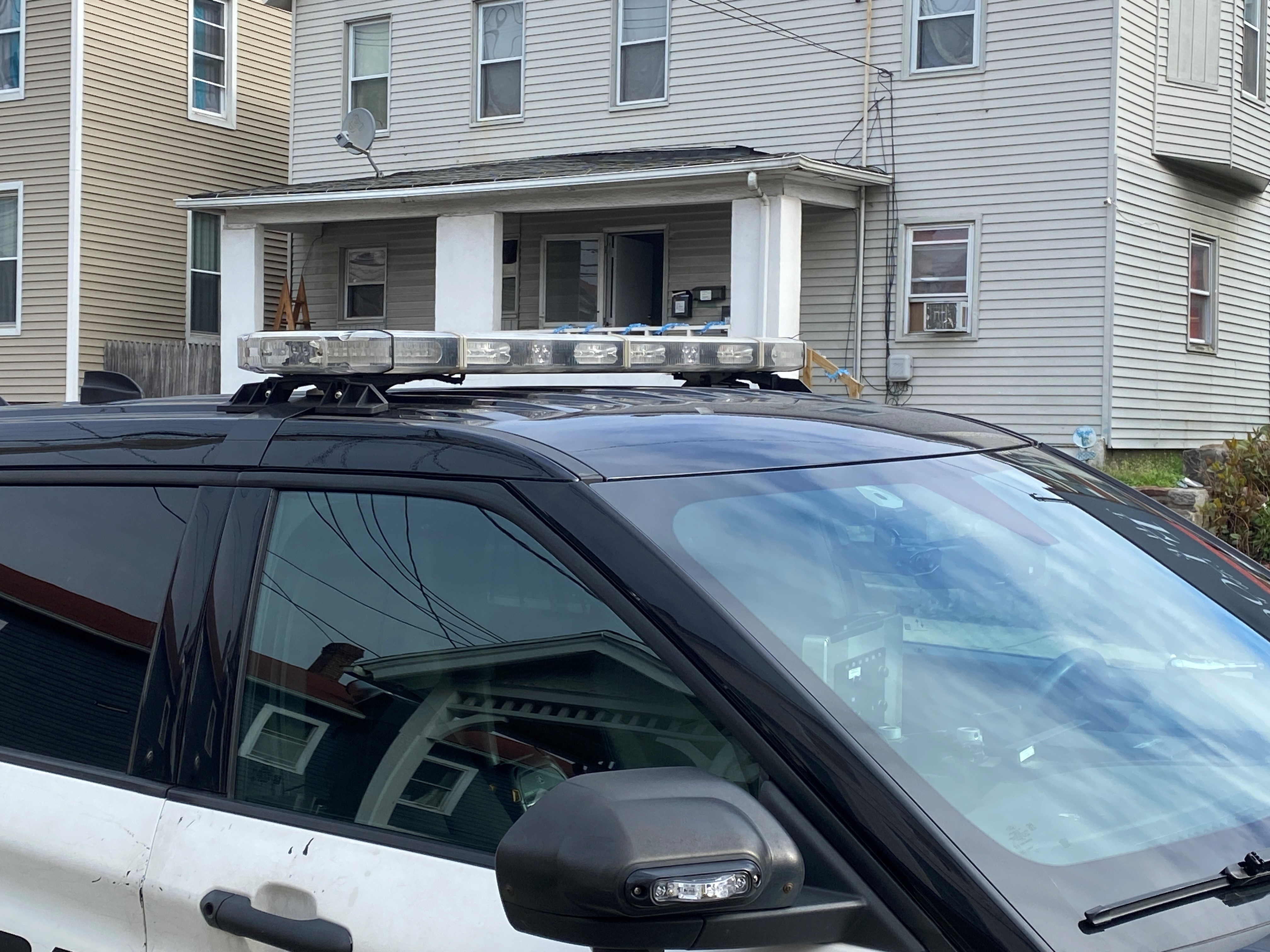Currently, in Connecticut, kids can start kindergarten as young as age 4.
Under state law, their fifth birthday must come before Jan. 1 of the current school year. But now, there is a new effort to change that.
House Bill 6880 would make the cut-off date Sept. 1. Educators say this would allow children to walk in a little older and better prepared.
"This will be a game changer for all students moving forward. The students are not coming on a level playing field when they don't have that extra time in life to learn the language," said Lisa Cordova, a kindergarten teacher of eight years.
Get Connecticut local news, weather forecasts and entertainment stories to your inbox. Sign up for NBC Connecticut newsletters.
Cordova says this is a necessary change because kindergarteners are learning even more skills today than in the past.
"We're writing three-page papers, we're reading books at all different levels, they're taking five-page math tests with pen and paper," said Cordova. "The rigors of kindergarten has changed because the world has changed."
Kate Dias, president of the Connecticut Education Association, says educators have been concerned about the current kindergarten starting age for a while. Some say it's challenging to teach students who range from 4 to 6 years old in the same classroom.
Local
But parents aren't too happy with this idea because if their child doesn't meet the age requirement, they're left wondering what to do.
"It's probably about $400 a week for day care," said Nikia Dortche, of Hartford. "So, once it's about to be over all the parents are happy and they just want to transition, so I would definitely feel overwhelmed with that."
One mother says if bill the was already in effect, it would have impacted her kindergarten son who has a late September birthday. Meaning, she would have had to wait a year before enrolling him in school.
"I think the problem is the massive strain this would put on a lot of families who don't have access to quality pre-K," said Rachel Taylor, of Hartford.
But exceptions could be made if a parent feels like their child is ready.
"Parents who feel like their child has that exceptionality and is ready to be in a classroom can work with their school district," Dias said.
She says if the bill passes, it would impact all public-school districts starting with the 2024-25 school year.



